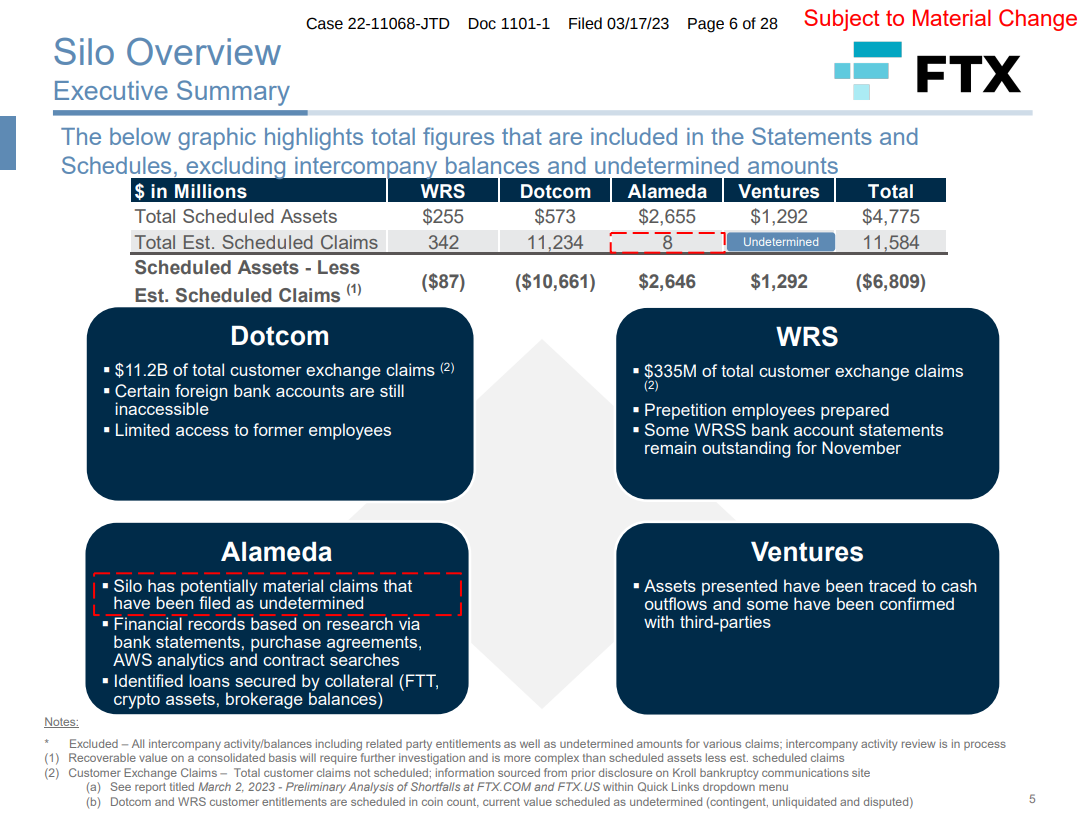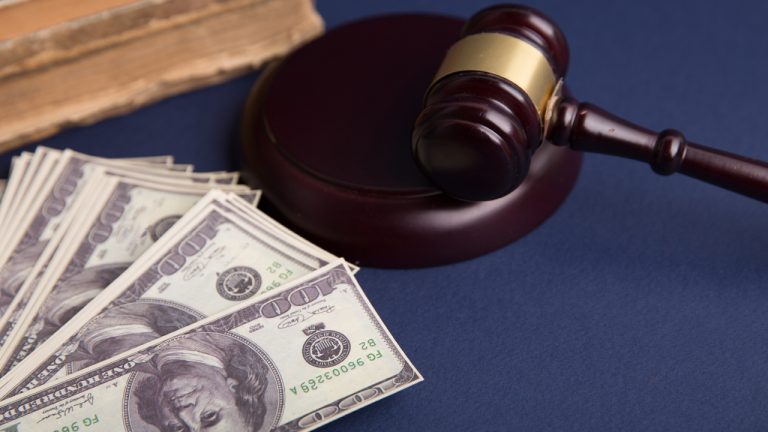
The House and Senate Republicans claimed the SEC evaded the notice and comment rulemaking process required by the Administrative Procedure Act by issuing SAB 121.
More than 40 United States Republicans have called on the US securities regulator to rescind its “disastrous” Staff Accounting Bulletin No. 121 rule after a repeal bill received bipartisan support before being vetoed.
SAB 121 upends custody rules for cryptocurrencies, weakens consumer protections, and stifles financial innovation, House Financial Services Committee Chair Patrick McHenry, Senator Cynthia Lummis and 40 other politicians claimed in a Sept. 23 letter to the Gary Gensler-led Securities and Exchange Commission.
The 42 politicians further claimed that SAB 121 — a proposed rule mandating that SEC-reporting entities custodying cryptocurrencies must record those holdings as liabilities on their balance sheets — was issued without consulting any “prudent regulators” and that the accounting approach “deviates from established accounting standards.”












